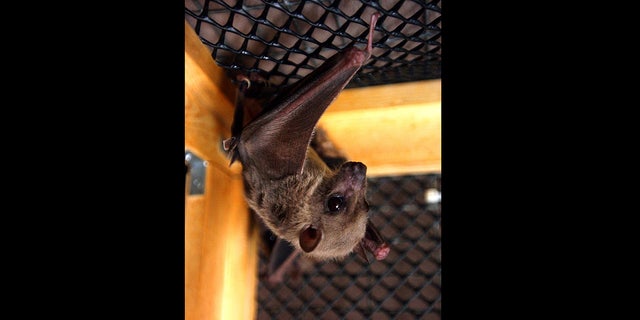Marburg disease hits Africa as WHO confirms outbreak in Equatorial Guinea
Marburg disease is afflicting Western Africa, with the World Health Organization confirming that Equatorial Guinea is seeing its first-ever outbreak of the illness.
The WHO verified that the Ebola-like condition was present after samples were analyzed in a Senegal lab. The organization said they were sending experts as well as protective equipment to help officials with the outbreak, which as of Monday had already included nine deaths and 16 suspected cases showing symptoms, including fever, fatigue, diarrhea and vomiting.
“Marburg is highly infectious. Thanks to the rapid and decisive action by the Equatorial Guinean authorities in confirming the disease, emergency response can get to full steam quickly so that we save lives and halt the virus as soon as possible,” Dr. Matshidiso Moeti, WHO regional director for Africa, said.
The WHO announced the outbreak on Monday. That same day, officials in Cameroon said they found two cases of the virus, according to Reuters. The cases were in Olamze, which sits along the border with Equatorial Guinea.
ALL COUNTRIES ARE DANGEROUSLY UNPREPARED FOR FUTURE OUTBREAKS, IFRC REPORTS
Public health delegate Robert Mathurin Bidjang reportedly said the patients are a boy and a girl, both 16, and that officials identified 42 contacts.
“Contact tracing, as you know, is a cornerstone of the response,” WHO’s Equatorial Guinea representative said, according to Reuters. “We have… redeployed the COVID-19 teams that were there for contact tracing and quickly retrofitted them to really help us out.”
MYSTERIOUS MENINGITIS OUTBREAK IN MEXICO KILLS 35

There is currently no authorized vaccine or drug treatment for Marburg. The WHO says chances of survival can improve by treating individual symptoms and rehydration via oral or IV fluids.
The illness, like the related Ebola, originated in bats. It can spread among humans via close contact with infected bodily fluids and surfaces. It can be incredibly fatal, as 90% of 252 reported cases in a 2004 outbreak in Angola died.
The Associated Press contributed to this report.
Read the full article Here


